Political parties in South Korea are arguing over the scope of powers that Acting President Han Duck-soo holds as President Yoon Suk Yeol has been suspended since December 14 pending impeachment proceedings related to martial law.
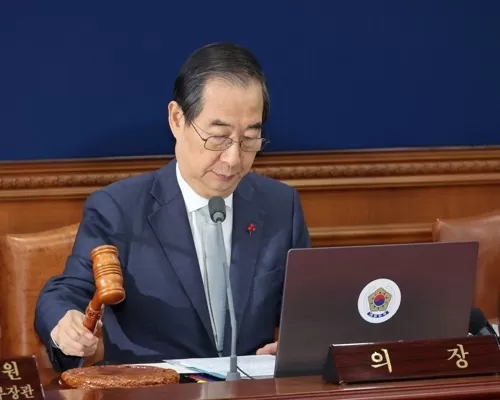 |
| Acting South Korean President Han Duk Soo is caught in a pincer movement. (Source: Yonhap) |
According to Yonhap news agency, the main opposition Democratic Party (DP) and the ruling People's Power Party (PPP) are at odds over the Acting President's veto of six controversial bills.
The DP unilaterally passed six bills, including a revision of the Grain Management Act. The PPP and the government argued that the bill could exacerbate structural weaknesses in Korea’s agricultural market and widen the imbalance between rice supply and demand.
Prime Minister Han Duk-soo has previously strongly opposed the bill and his veto seems likely given his role as Acting President.
However, the PPP demanded that the Acting President veto all controversial bills, while the DP threatened to push for impeachment if Mr. Han vetoed bills that the party unilaterally pushed, putting him under great pressure.
The South Korean government is expected to convene an extraordinary cabinet meeting later this week to make a final decision on how to handle six bills unilaterally passed by the Democratic Party in the National Assembly.
In addition, two bills to appoint a special adviser to investigate allegations of rebellion during the imposition of martial law and a bill to investigate allegations related to first lady Kim Keon Hee are also awaiting the Acting President's approval.
A senior official from the Office for Government Policy Coordination said that, as Mr. Han has mentioned many times before, the assessment and decision on whether to approve bills or not will be based on whether they are consistent with the Constitution and laws, as well as how they will impact the future of the country.
In addition, the DP and PPP are also at odds over one of the most pressing issues at present: the appointment of Constitutional Court judges. Three of the nine seats on the Constitutional Court remain vacant, raising concerns about the court’s ability to conduct a thorough and fair review of the president’s impeachment trial.
The DP has vowed to speed up the process of appointing judges, including holding confirmation hearings in the last week of December. The party has announced plans to hold confirmation hearings on December 23 and 24, followed by a plenary session of the National Assembly scheduled for December 30 to vote on the appointments.
Meanwhile, PPP leader Kweon Seong Dong said that Acting President Han Duk-soo cannot appoint judges until the impeachment trial of President Yoon ends.
Mr. Kweon emphasized that the Acting President can appoint judges of the Constitutional Court in the event of a vacancy in the presidential position, but cannot appoint judges while the President is suspended from office, so the appointment cannot be made based on the National Assembly's suspension of President Yoon's office to impeach him.
Mr. Kweon also cited the case that took place during the impeachment of former President Park Geun Hye, when the DP opposed the appointment of a Constitutional Court judge by then-acting President Hwang Kyo Ahn, calling it a threat to democracy.
The PPP leader also said that the DP party must be responsible for leaving three positions vacant due to the delay in appointing personnel for the past time.
Source: https://baoquocte.vn/han-quoc-quyen-tong-thong-han-duk-soo-roi-vao-the-gong-kim-297785.html






























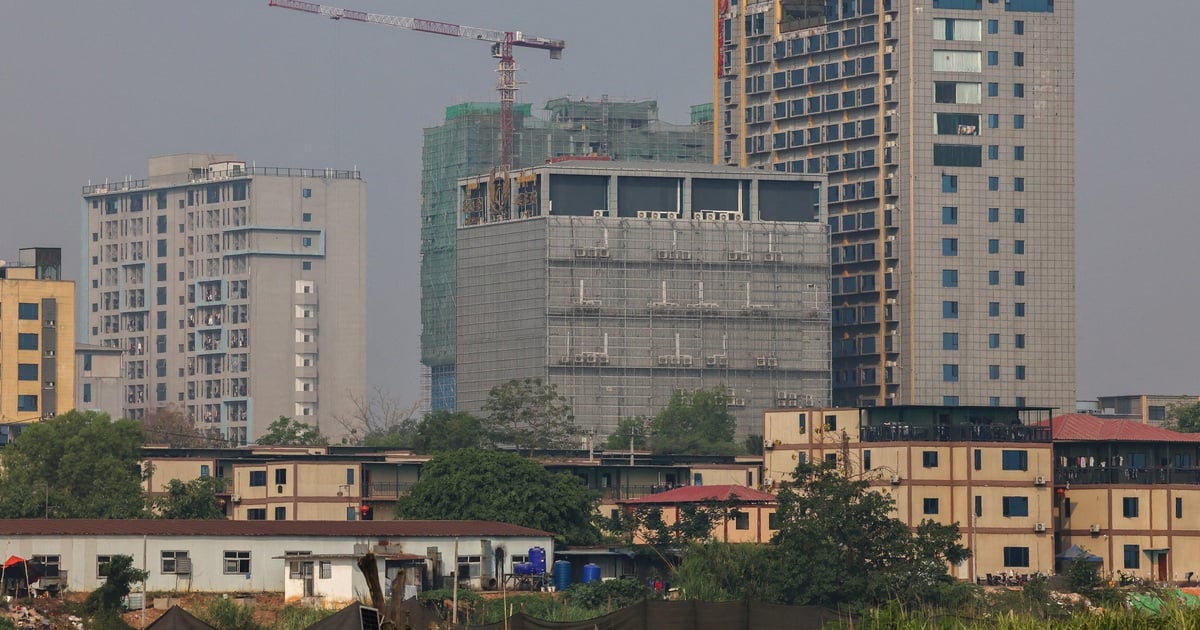

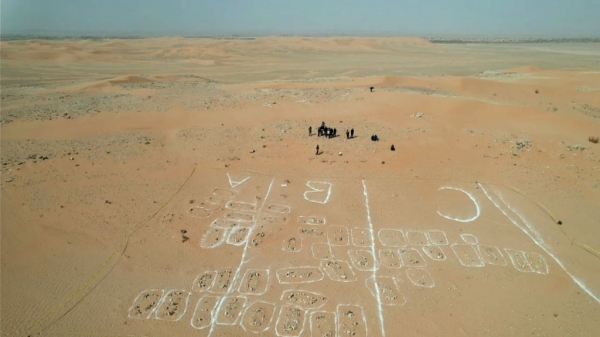
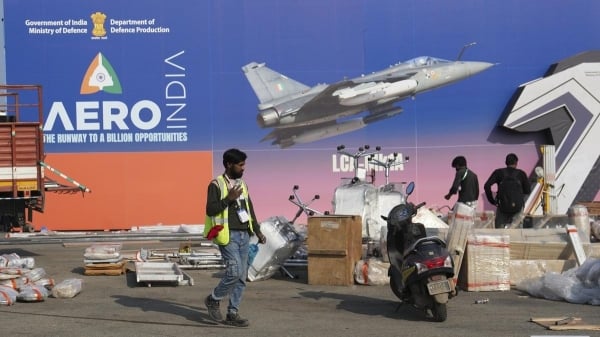
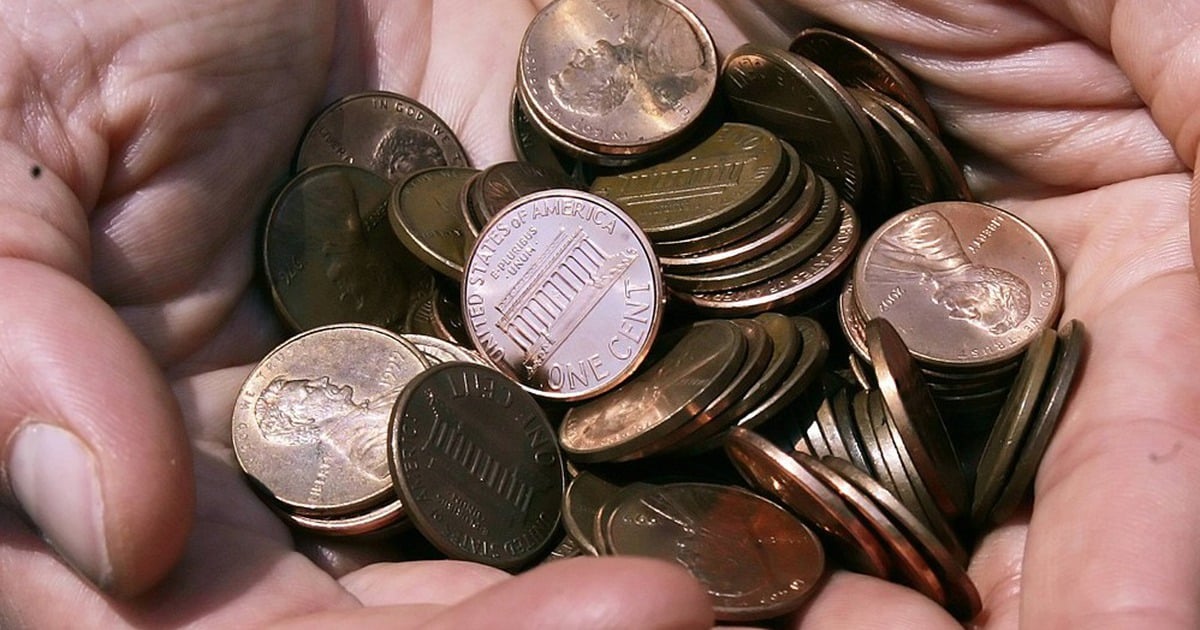
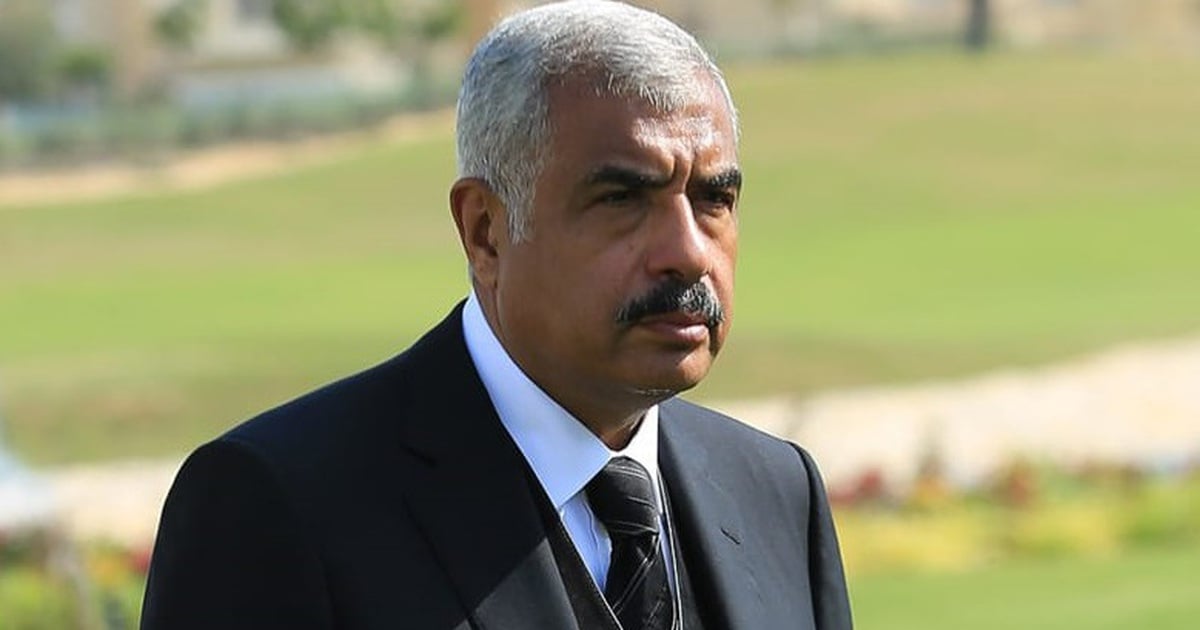


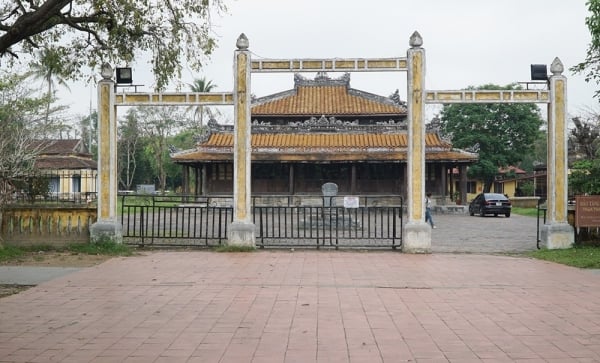
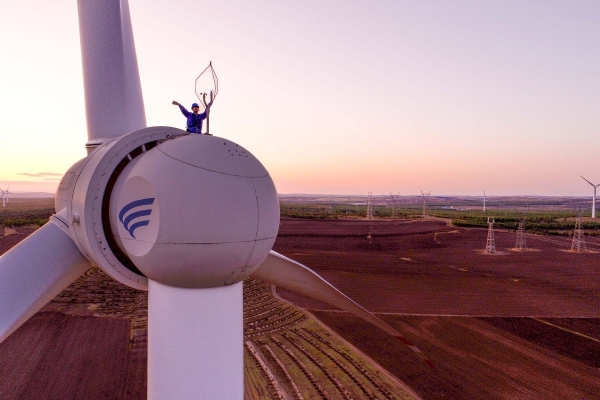

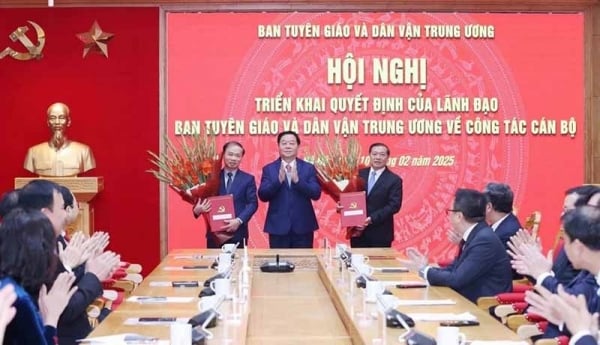
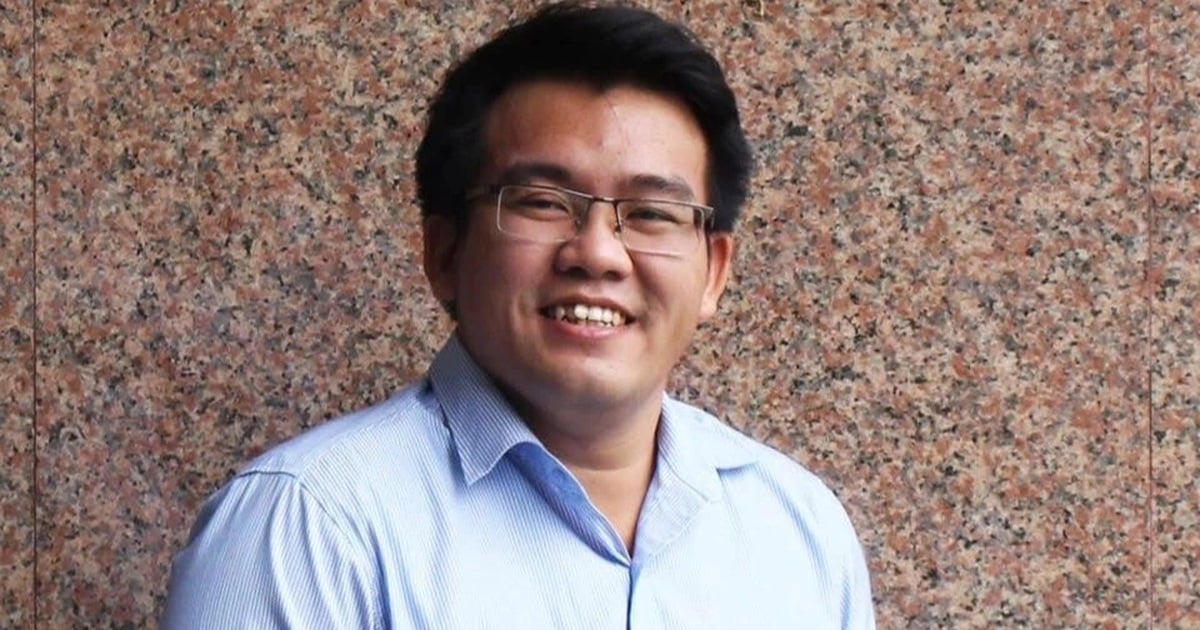


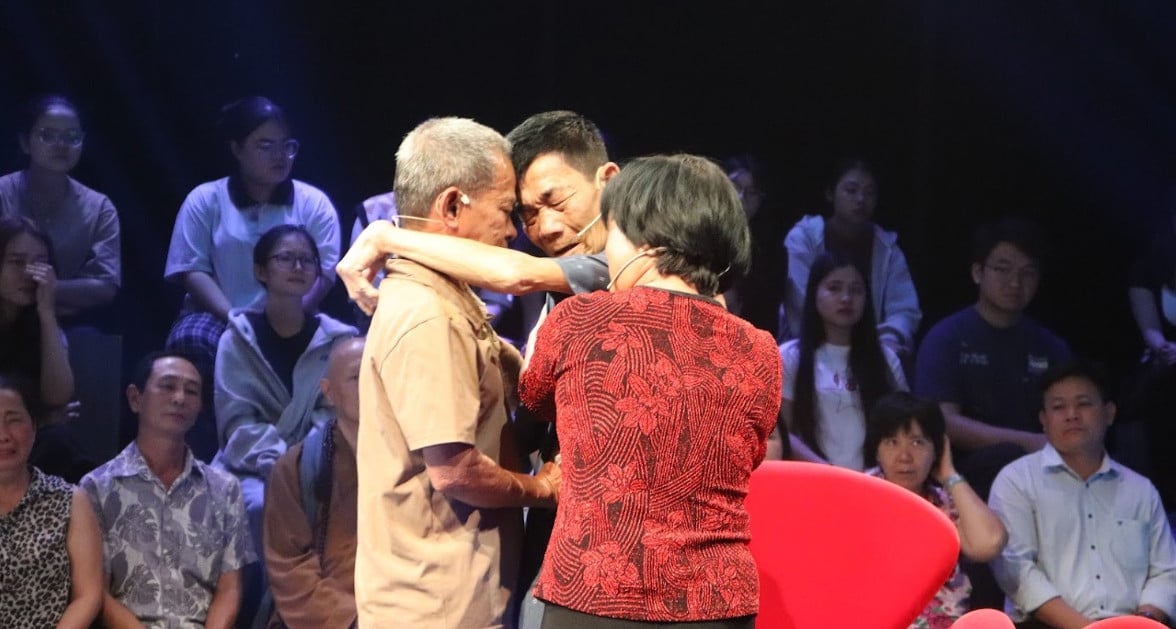

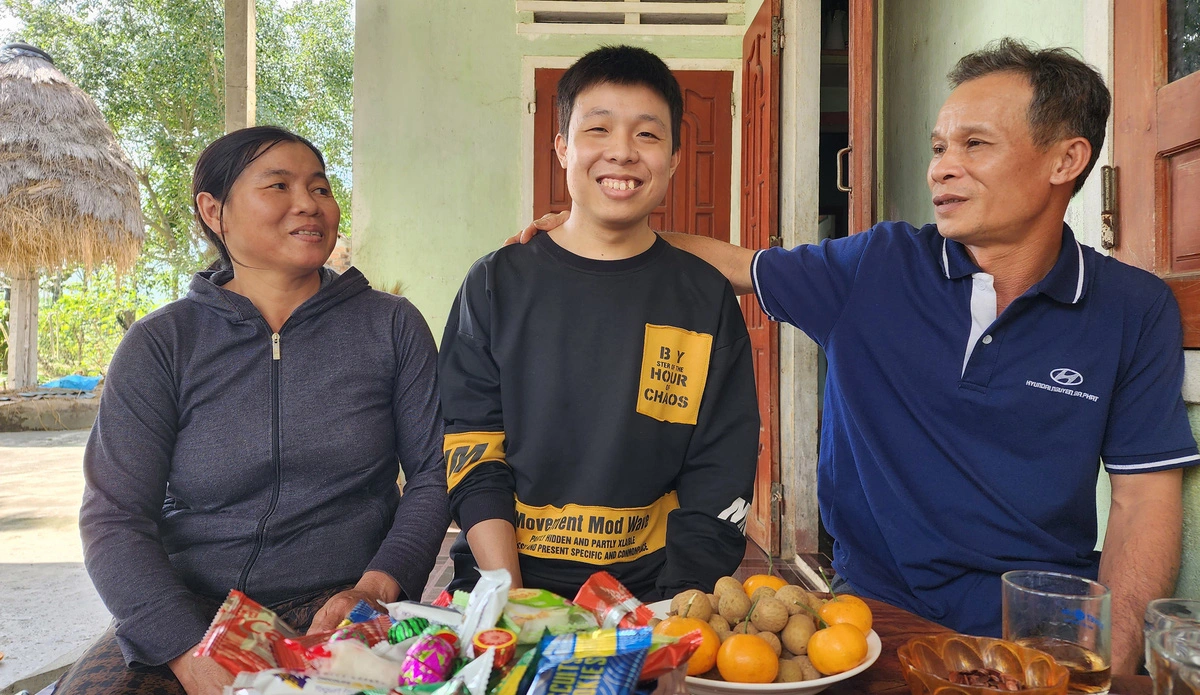

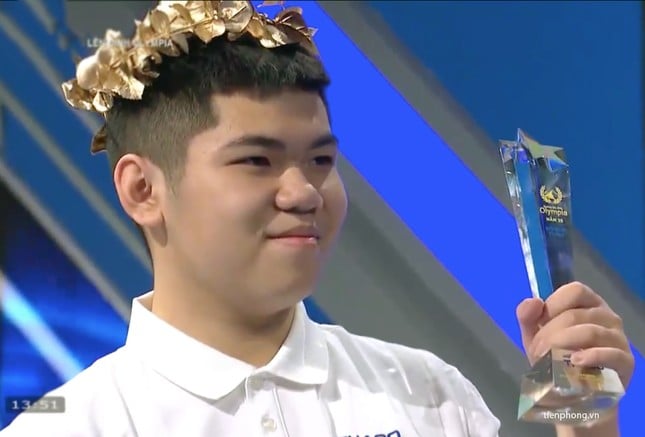

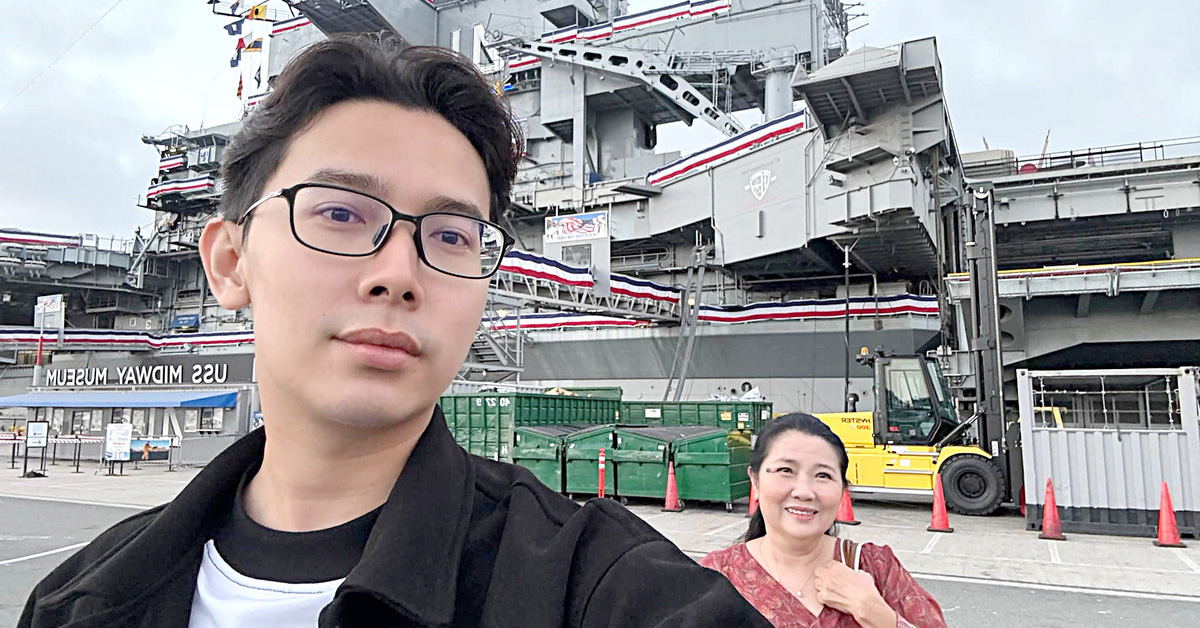




Comment (0)